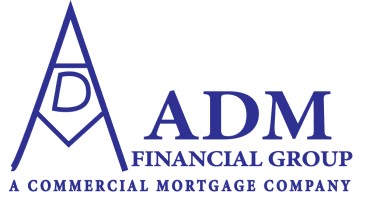In order to start a small business, most people need to acquire a small business loan. Business owners that are successful are able to make a business plan that will stipulate how much money needs to be acquired, and have a reasonable repayment schedule. If this is done correctly, then a small business owner will be able to expand their business, and pay back the loan a little bit at a time. Figuring out how much money to ask for can be difficult. Many factors need to be taken into account so that the loan will be big enough to get things rolling, and small enough that a business owner will be able to pay it all off.
The first step in this process is to figure out exactly how much money is needed to get things started. This amount needs to be incredibly accurate. It is important for a business owner to know their business inside and out so that he or she will be able to calculate how much money will be needed for the first three years. It will also be necessary to figure out what the repayment period is going to be. This information will come from the loan officer who works in the small business loan department of the bank. This person will tell the business owner what the interest rate is going to be on the loan, and how long it will take to pay it off.
The next step is to calculate how much is going to be paid in interest each month on the small business loan.Most banks have an annual interest rate that will depend on the type of loan that is being offered, and the period of time that is being given to pay it off. To figure what the monthly payments are going to be, it is necessary to divide the interest rate by 12 to get a percentage of the borrowed amount. The next thing to do is add one to that number, and then raise it to the negative power of the total number of months allowed in the repayment period. Once this has been done a one should be subtracted, and then this new number should be multiplied by the total amount of money that is being borrowed.
Although this process may seem complicated, a loan officer can walk a potential client through it each step of the way. It will be possible to figure out exactly how much money is going to be owed on the small business loan each month. A business owner who has done their homework will be able to apply for a loan that will meet all of their needs, and have a manageable repayment schedule.
**LOUISIANA JOKE**
A senior citizen in Louisiana was overheard saying, “When the end of the world comes, I hope to be in Louisiana .” When asked why, he replied, “I’d rather be in Louisiana ‘cause everythang happens in Louisiana 20 years later than in the rest of the world.”

ADM Financial Group is available to answer all of your concerns and assist you with financing options on commercial properties. Our underwriting is based primarily on the equity in the property, although a good credit record or strong financial statements will lead to a lower rate and a smaller loan fee.
ADM Financial Group provides alternative financing solutions for borrowers who have been turned down by the bank for a traditional loan or for those who need cash quickly. When it comes to receiving a commercial loan, banks should not have the final say. ADM Financial Group is a trusted provider of loans for business owners, investment property owners / buyers, and rental property investors in need of commercial financing. Whether you need funding to a single-family rental property or for a spacious multi-family unit property in your thriving community, we have commercial real estate loan programs tailored to your aspirations. Whatever your commercial real estate goals, we want to help you achieve them.
ADM Financial Group has some of the most flexible terms to help businesses get a Commercial Mortgage Loan that meets their needs effectively. Get in touch with us to find the most business-friendly mortgages in the industry today.
Acceptable Properties
All standing commercial properties including:
- Multifamily
- Office
- Retail buildings
- Strip centers
- Shopping centers
- Industrial buildings
- Warehouses
- Mixed use buildings
- Self storage
- Hotels
- Motels
- Commercial condominiums
- Industrial condominiums
- Assisted living
- Residential care homes
- Day care facilities
- Gentlemen’s clubs



